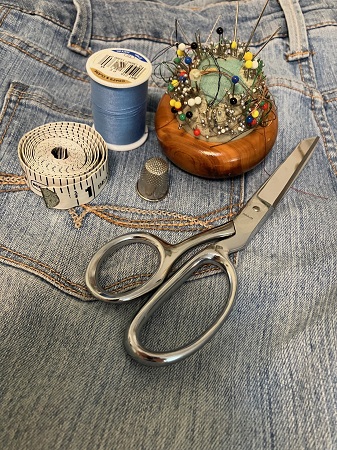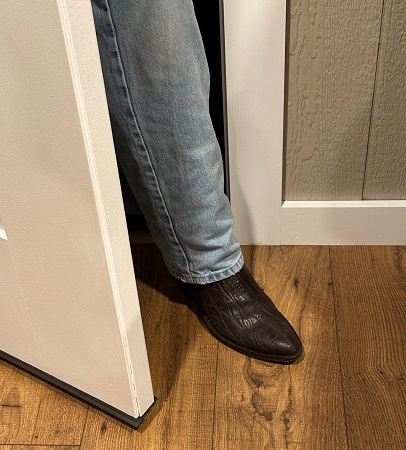Air Your Dirty Laundry in Public
 Please don’t air your dirty laundry in public. Unfortunately, that has become a common practice. All too often, people share more information than necessary or desired.
Please don’t air your dirty laundry in public. Unfortunately, that has become a common practice. All too often, people share more information than necessary or desired.
If you air your dirty laundry in public, you discuss personal information that should remain private.
Similar expressions include:
- Wash your dirty laundry in public.
- Wash your dirty linen in public.
When you air your dirty laundry in public, you risk embarrassing yourself and others.
People remember such information, and it can cause problems for years.
Social media makes airing dirty laundry easy and widespread.
Even if you delete a post, the information remains out there. People copy, save, and share it. If you don’t want it spread, don’t say or write it. Keep private information private.
A wise teacher suggested asking yourself three questions before saying anything.
Although often applied to busybodies who spread gossip about others, they also pertain to personal information.
- Is it true?
- Is it kind?
- Will it glorify God?
If you can’t give a positive answer to all those questions, leave it unsaid. Don’t discuss it or argue about it in public. Too much negative information already exists. When you blow off steam around others, you simply add to the damage.
“Your daily lives should not embarrass God but bring joy to him who invited you into his Kingdom to share his glory” ( 1 Thessalonians 2:12 TLB).
Thanks to Jeri Stone for the suggestion.
Do you have an expression you want explained or a thought about this one? If so, please comment below.
Subscribe to receive my weekly posts by email and receive a free copy of “Words of Hope for Days that Hurt.”
If you enjoyed this post, please share it with your friends.









